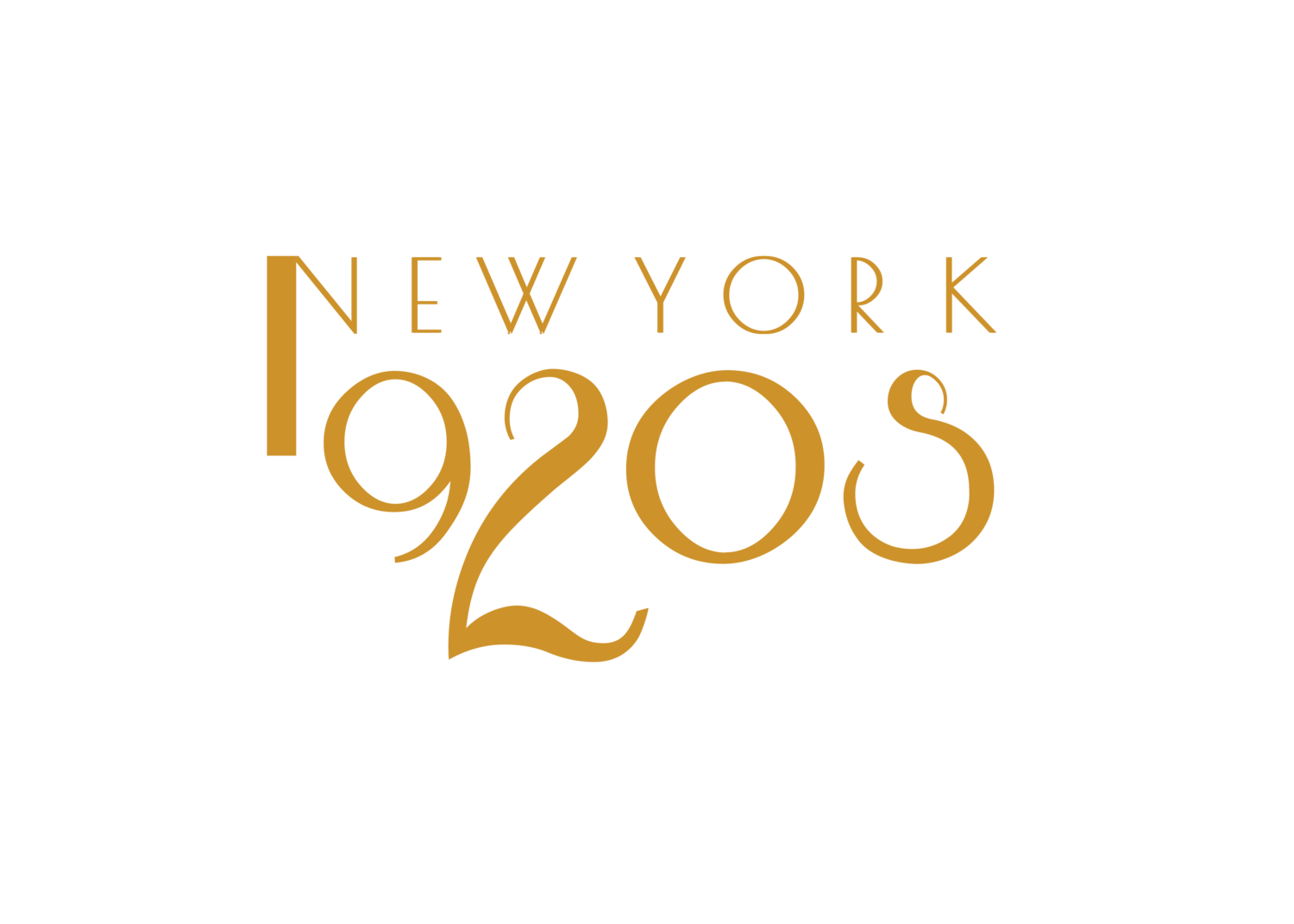Black Swan Records
One hundred years ago today … Black Swan Records, only the second ever Black-owned record label, at a time when most companies wouldn’t record Black musicians, was putting out its debut release, “At Dawning” (side A), “Thank God for a Garden” (side B), sung by soprano Revella Hughes.
Click here to listen to “At Dawning.”
Throughout 1921, Black Swan released 78 rpm records of gospel, opera arias, spirituals, and blues. It put out the first ever recording of the song that would soon become the Black national anthem: “Lift Ev’ry Voice and Sing,” co-written by James Weldon Johnson and J. Rosamond Johnson.
Wikicommons
The label’s most commercially successful 1921 record was Ethel Waters’ “Down Home Blues,'' with “Oh, Daddy” on the flip side (Suisman). These were the product of the meeting between Waters and Fletcher Henderson, the company’s musical director, which we recounted in our post for February 15, 1921. All of its releases featured Black artists.
Harry Pace founded Black Swan as a division of his Harry Pace Phonograph Company, which, based in Harlem at 257 West 138th Street, was the offshoot of his former business co-owned with W.C. Handy. (See our post for August 14, 1920.)
Pace’s Board of directors included W.E.B. Du Bois, whom Pace had known for almost two decades, the two having met at Atlanta University (Suissman). Du Bois had written about the need for a Black-owned phonograph company in the February issue of The Crisis.
Artists like Roland Hayes have gone in vain to the great phonograph companies. One of them offered to let him do "comic darky songs" but nothing else; while men with much inferior voices are allowed daily to sing the finest music and to debase and ridicule the Negro folk song.
Under such discrimination there is but one solution. We have already throughout the land developed a Negro audience to appreciate and pay a dozen or more Negro artists. We have a commendable and growing National Association of Negro Musicians. We must now develop a business organization to preserve and record our best voices; we ought to have records of Burleigh, Hayes, Talbert, Anderson, Johnson, Harrison, Hagan, Dett, Diton and a dozen others to reveal the best music, not only of their own race but of all races and ages.
We are pleased to learn that such a company is now forming with adequate capital and skilled management of guaranteed integrity.
(The Crisis 21.4, February 1921, p. 152. Modernist Journals Project.)
The Black Swan name and logo paid tribute to Elizabeth Taylor Greenfield, a Black classical singer of the Nineteenth Century (Granshaw). That it invoked Marcus Garvey’s Black Star Line was surely no accident, as the company fulfilled Garvey’s vision of Black people owning their own businesses.
Starting in May 1921, Pace placed advertisements in the most important Black journals of the day, such as the Crisis and the Chicago Defender, reminding readers that their payments and the company’s profits stayed within the Black community.
Chicago Defender, May 1921. Wikicommons.
The Crisis 23 , January 1922, p. 137. Modernist Journals Project.
References/ Further Reading
Suisman, David. “Co-workers in the Kingdom of Culture: Black Swan Records and the Political Economy of African American Music.” Journal of American History, March 2004, 1295-1325.
Granshaw, Michelle. “Black Swan Records (1921-1923).” Blackpast, October 18, 2010.
– Jonathan Goldman, May 17, 2021
TAGS: music, Black arts, Harlem Renaissance, African American business
